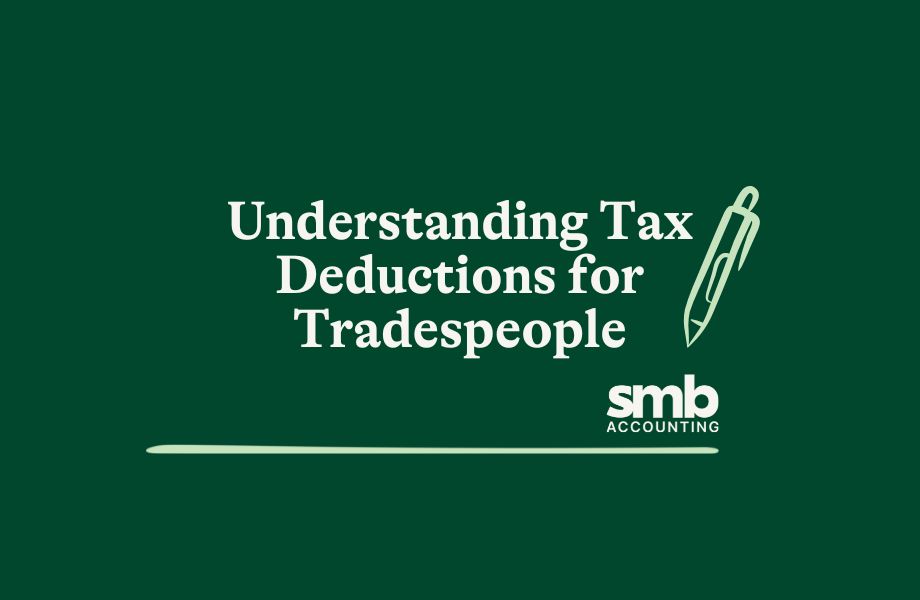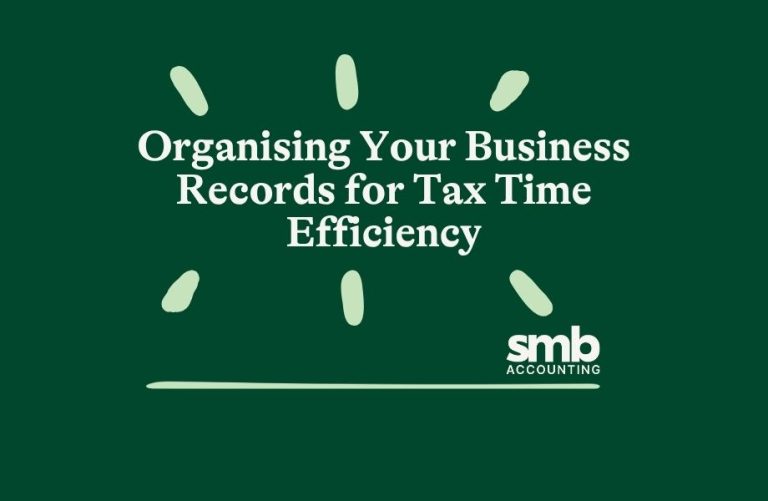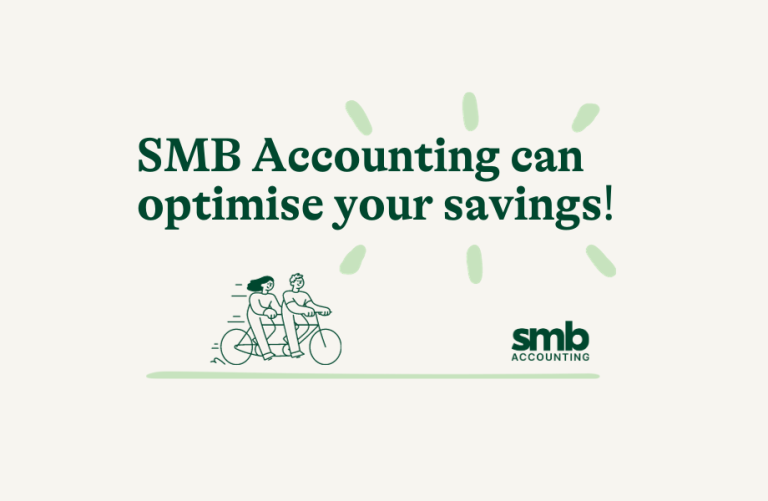Tax season can feel a bit daunting, especially if you’re a tradesperson navigating a maze of deductions. Whether you’re on the tools in Melbourne, working on-site in Brisbane, or running projects in regional areas, you’re not alone in wondering how to maximise your tax return while staying on the right side of the ATO. Understanding the landscape of tax deductions available for tradespeople is crucial. Knowing what you can claim brings peace of mind and can lead to significant savings at the end of the financial year.
As a tradesperson, you have many opportunities to claim deductions that can lessen your taxable income. These deductions help reduce the out-of-pocket expenses you incur due to your work. The key is knowing what you can claim and how to document it properly. Digging into these deductions requires some groundwork but pays off in the long run. Let’s uncover what these are and how you can take full advantage of what’s available to you.
Common Tax Deductions for Tradespeople
When it comes to tax deductions, tradespeople have a few tricks up their sleeves. Here’s a rundown of the typical things you can claim:
– Tools and Equipment: If you’ve bought new tools or equipment that cost under $300 each, these can go against your tax. It’s a handy way to lessen the tax load since these items are generally a must-have for your job.
– Vehicle Expenses: If you use your vehicle for work, even just driving from site to site around Brisbane, you could claim a portion of your vehicle expenses. This includes fuel, servicing, and even depreciation. Just remember to keep a logbook for accurate records or rely on the cents-per-kilometre method if that’s easier.
– Work Uniforms and Protective Clothing: Any required uniforms for your job, like high-visibility shirts or safety gloves, are deductible. The same goes for cleaning these clothes, so keep those laundry receipts.
– Travel Expenses: Sometimes work sends you far from home, and those travel expenses can add up. When you’re away for work-related activities, you can claim accommodation, meals, and other travel costs not covered by your employer.
Taking advantage of these deductions can offer real savings and a bit of relief come tax time. It’s like putting money back into your pocket simply by knowing what you’re entitled to claim. The next step is ensuring you have everything in order to prove these expenses are legitimate, so let’s dive into record-keeping tips to keep everything sorted.
Record-Keeping Tips
Keeping accurate records is like having a safety net for your tax deductions as a tradesperson. Bad records can lead to headaches and potential problems if you’re audited. So, what’s the best way to keep your finances in order?
First, organise your receipts and expenses logically. Store them by date or category, making them easier to track down when it’s time to do your taxes. Here’s a simple way to tackle it:
1. Keep a digital record of receipts using apps or scan copies into your computer. It’s less likely you’ll lose them, and it’s great for the environment.
2. Use separate folders for different expense categories like “Tools,” “Vehicle,” and “Travel.” This way, everything’s at your fingertips when you need it.
3. Record expenses as they happen. Don’t wait until the end of the year or tax time, as it’s easy to forget or misplace things.
Using accounting software can also be a game changer. Software programs simplify keeping track of expenses, calculating totals, and generating reports when needed. They’re like having an assistant at your fingertips, making tax season much less of a hassle.
Seeking Professional Help
There’s a lot to juggle when sorting out tax deductions, and sometimes, calling in the experts is your best bet. A tax professional can guide you through the maze of deductions, ensuring you don’t miss out on any potential claims. They know the ins and outs of tax law and can prevent common, costly mistakes.
A professional will typically ask for your financial records, so having those organised receipts and reports handy can streamline the process. They’ll assess your situation, sometimes spotting deductions you might not have even considered on your own. In such cases, their expertise can effectively pay for itself by optimising the deductions for you.
Year-Round Tax Planning Strategies
Planning for taxes should be an all-year activity, not just a mad dash once it arrives. Setting aside money regularly for tax payments can help avoid last-minute stress and surprises. Consider setting up a dedicated savings fund for taxes and deposit a portion of your earnings into it each month. It’s one way to manage your finances effectively while ensuring you have enough set aside when it’s time to pay up.
Staying on top of your expenses is crucial, too. Make it a routine to review your expenses monthly to see where you can save or claim deductions. Keeping a simple spreadsheet or using accounting software to track this can save time later.
Finally, make informed financial decisions throughout the year. This includes considering any training or courses that might be deductible or investing in efficient tools that could save you time and money. Planning early and adjusting strategies as needed can lead to a more efficient tax season, making the end of the financial year far less daunting.
Making the most of your tax deductions as a tradesperson can be complex, but you don’t have to go it alone. Let SMB Accounting help guide you through your tax-related challenges in the Sunshine Coast and surrounding areas. Whether it’s assistance with accurate record-keeping or advice on tradesperson tax deduction, our expertise can ensure you make informed financial decisions and maximise your return. Get in touch with us today to simplify your tax journey and keep more money in your pocket.




